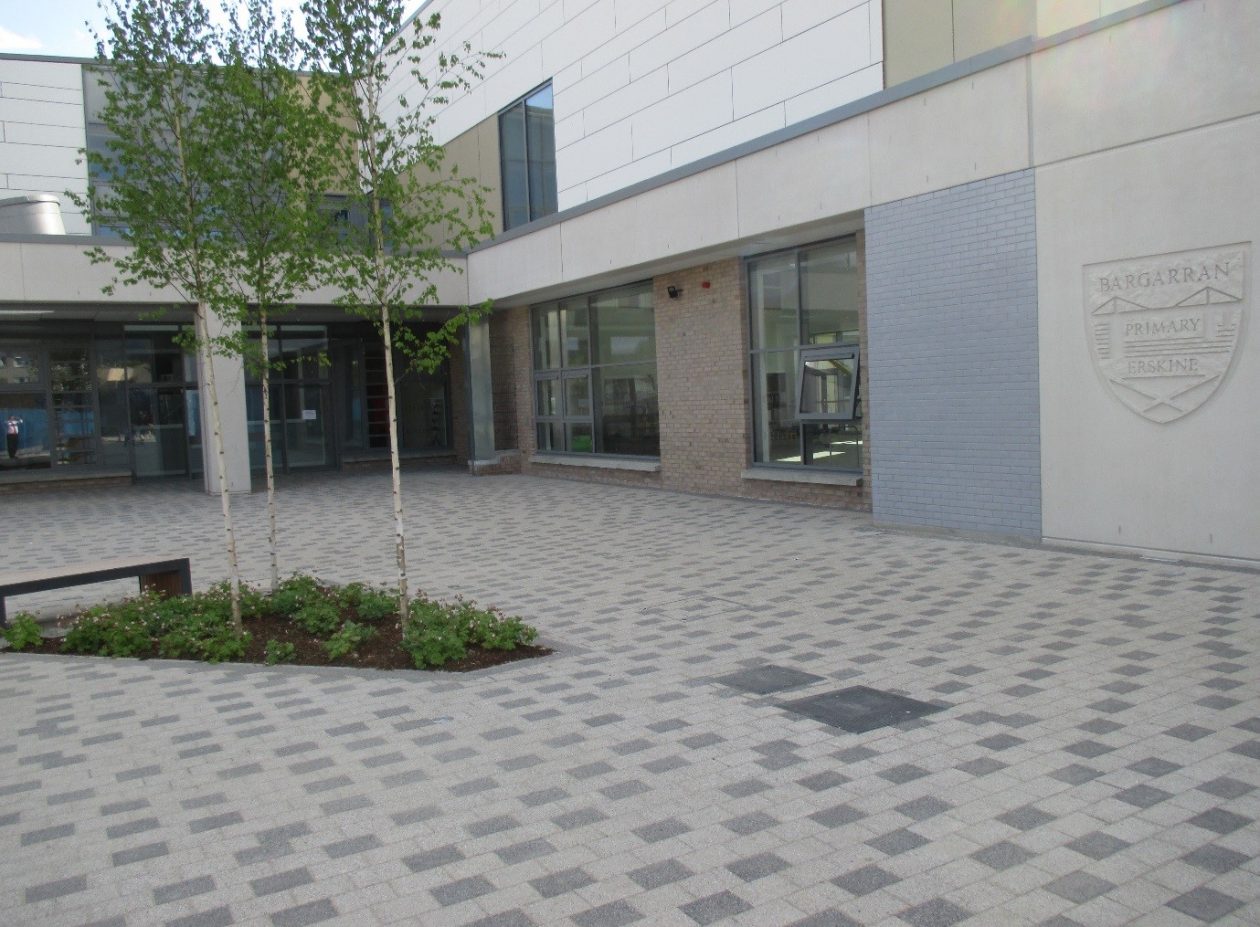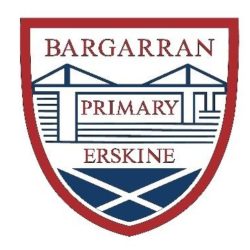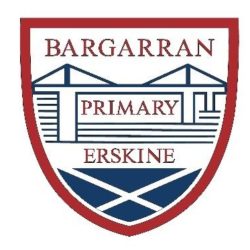Literacy & English
Language and Literacy are of personal, social and economic importance and our ability to use language affects the development of our thoughts, emotions, identity and ability to experience the world around us.
Literacy is fundamental to all areas of learning and helps pupils access other areas of the curriculum. Being literate increases opportunities for an individual in all aspects of life, lays the foundations for lifelong learning and work, and contributes strongly to the development of the four capacities of Curriculum for Excellence.
Through Literacy learning, we aim to promote critical and creative thinking as well as competence in the key areas of:
- Reading
- Writing
- Listening & Talking
More information on the Curriculum for Excellence approach to Literacy & English can be found here: Literacy & English: Principles and Practice
At Bargarran, we use a wide range of approaches and resources to support the teaching of Literacy.
Guided Reading
The guided reading approach is used in P4-7. Guided Reading is an instructional approach to teaching reading which allows each pupil the opportunity to read on a one-to-one basis with their teaching, receiving coaching on their reading technique and support to use a range of strategies to read with greater independence and ease. When pupils are not reading with the teacher, they take part in a range of engaging reading and comprehension activities.
Accelerated Reading
Accelerated Reading is used by pupils from P3-7. Through taking part in IT based quizzes, accelerated reading provides each pupil with a reading level suitable to them. The pupils then read for enjoyment, selecting from a wide range of texts pitched at their reading level. After completing a book, pupils complete an IT based quiz to assess their understanding of the text.
Reciprocal Reading Puppets
Interactive puppet characters are used in P1-3 to help pupils engage deeply in the texts they are reading. Each character helps the pupils to develop a different reading skill such as predicting, clarifying, questioning and summarising.
Reflective Reading
Reflective reading tasks are used from P4-7 to help pupils engage deeply in what they are reading. These tasks require pupils to work in groups to practice key reading skills and share their thoughts and ideas on texts.
Jolly Phonics
The jolly phonics programme is used in P1-3 to support the learning of sounds and the development of reading.
Jolly Grammar
Jolly Grammar is used throughout the school to support pupils to develop their understanding of different spelling sounds and patterns. This resource is also used to teach pupils a range of grammar concepts.
Big Writing
Throughout the year, pupils will experience writing personal, functional and imaginative pieces across a range of contexts. Teachers will help pupils develop their writing skills by adapting their writing style to each genre. The VCOP structure (vocabulary, connectives, openers and punctuation) is taught to help pupils expand and develop their writing.
Modern Languages
Learning a modern language enables children and young people to make connections with different people and their cultures and to play a fuller part as global citizens. The modern language taught at Bargarran is French. All pupils from Primary 1 to 7 are taught about French language and culture.
More information on the Curriculum for Excellence approach to Modern Languages can be found here: Modern Languages: Principles and Practice




